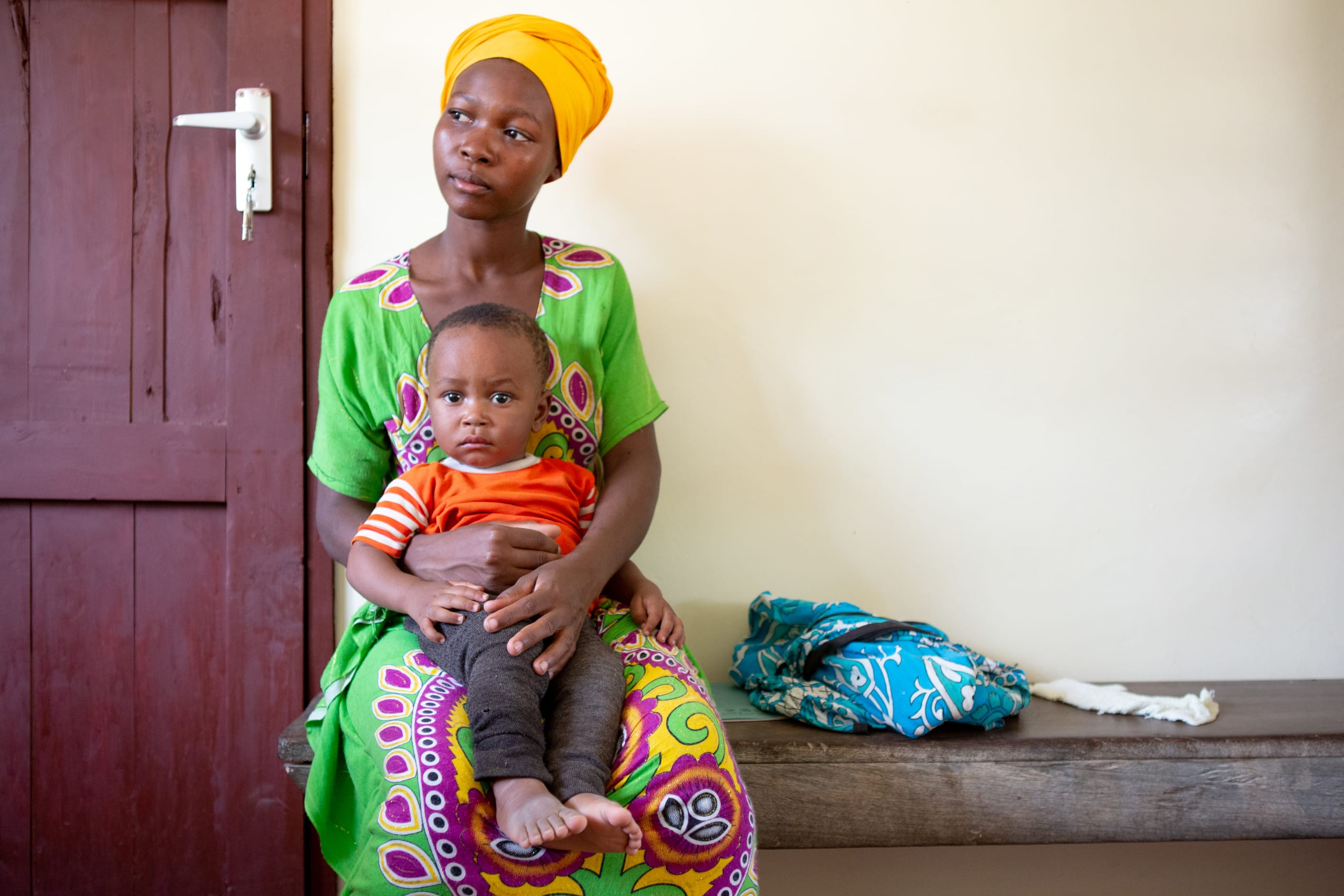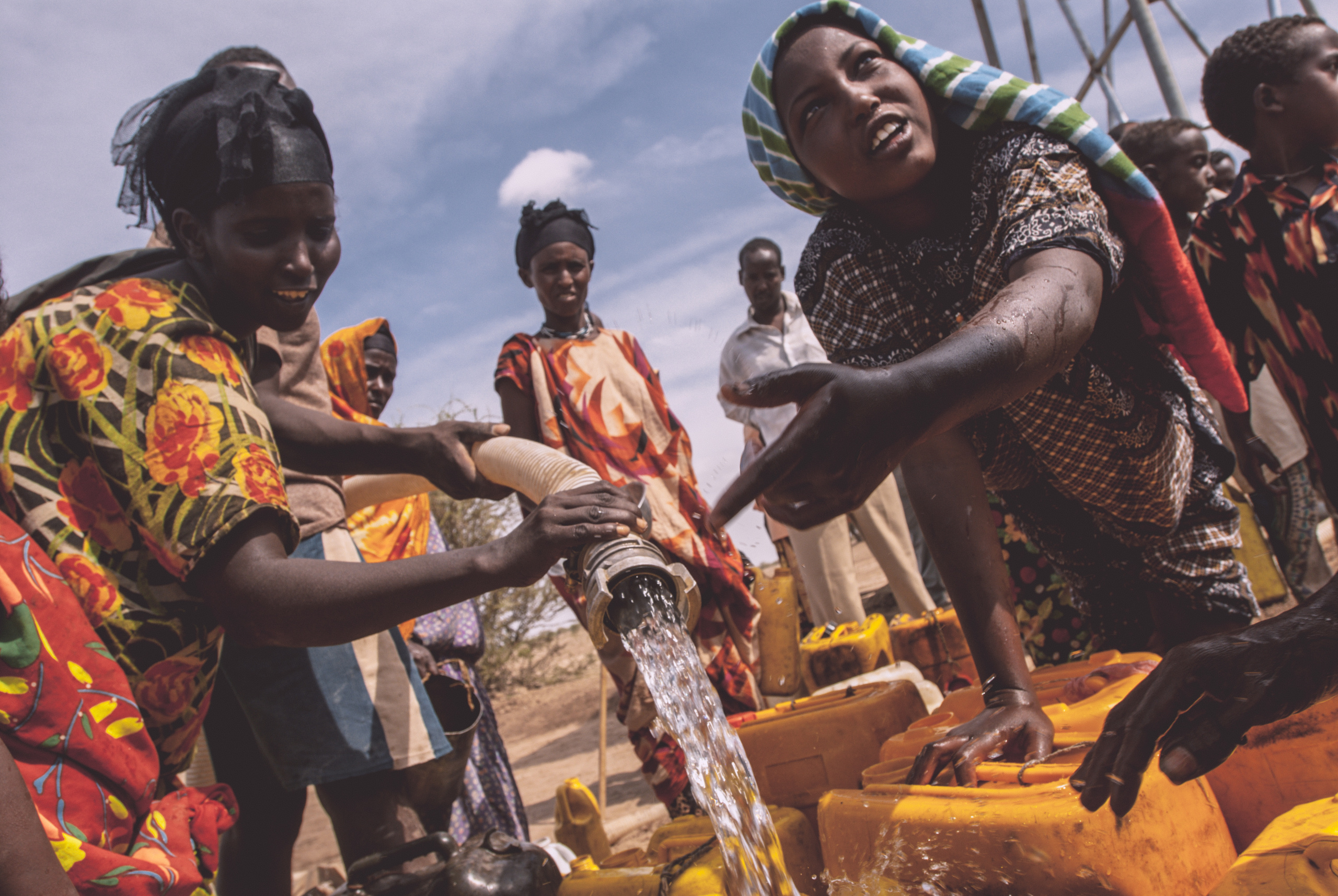A Call for Universal Access to Sexual and Reproductive Health and Rights on International Women’s Day
On International Women’s Day, PAI recognizes the leadership, power and potential of women. As we experience the short- and long-term impacts of COVID-19, climate change, political upheaval, displacement of communities and more, it is women who bear the brunt of the impact. It is also women who are the catalysts for change.
In addition to women having to assume a front-line role in mitigating the impacts of these crises for themselves, their families and their communities, the health and security of women are often the first to be disrupted. Among the areas that are eroded are the rights of women to access sexual and reproductive health (SRH) care. The impact is immediate, and consequences are irreversible — the pandemic proves precisely why.
There are 4.3 billion people of reproductive age who will lack at least one essential sexual or reproductive health service during their lifetimes. In low- and middle-income countries, there are 218 million women of reproductive age who want to avoid pregnancy but are not using a modern method of contraception, including 14 million between the ages of 15 and 19. Thirty-five million women have abortions in unsafe conditions, and 133 million people need but do not receive treatment for one of the four major curable sexually transmitted infections.
The COVID-19 pandemic, coupled with regressive health policies, has made things worse. The elimination, reduction and diversion of funding for SRH services during strictly enforced COVID-19 lockdowns and economic pressures led to 49 million more women with an unmet need for modern contraception, 15 million more unintended pregnancies, 3 million more unsafe abortions, 168,000 more newborn deaths and 3 million more maternal deaths. It did not have to be this way.
“Sexual and reproductive health and rights (SRHR) are core to the agency, autonomy and empowerment of women,” said Nabeeha Kazi Hutchins, president and CEO of PAI. “On International Women’s Day and thereafter, if we are to advocate for gender equality, climate change mitigation and education and economic achievement, we must advance fundamental health care for women. This includes ensuring access to modern contraceptives and safe abortion services, combating gender-based violence, mainstreaming menstrual health and hygiene services, promoting comprehensive SRH education and more.”
For close to six decades, PAI has advocated for universal access to SRHR to the U.S. government and on the global stage. Our journey is one that is defined by the shared and collective power of advocacy and action and is fueled by more than 120 funded partnerships with local organizations in almost 40 countries that advocate for the health, rights and agency of women and their communities.
“Our success is not merely about the 4 million additional contraceptive users over 10 years, but rather the impact that investment has on the lives of women,” said Marie Ba, director of the Ouagadougou Partnership Coordinating Unit, which supports a Francophone civil society network in West Africa that advances access to family planning for health and development. “Many women have been able to get an education, start a business or a career and have healthier lives, which leads to greater social and economic impacts on their families and their communities.”
Today, PAI provides $6.8 million in funding and advocacy support to local and regional organizations and coalitions. These organizations are driving policy changes, ensuring quality services and deploying accountability mechanisms so that SRH access is guaranteed, equality and equity for women are achieved and the aspirations of every person are realized.
“Children’s education, healthy families and limitless opportunities. These are things I want to see in the world, and I’m betting you do too,” says Dr. Monica Oguttu, founder and executive director of Kisumu Medical and Education Trust (KMET), an Indigenous Kisumu-based community organization that delivers quality health and education services across Kenya. “But until every woman has control over her body, health and future, this vision will remain out of reach. That’s why advancing SRHR is the smartest investment we can make. It’s the only way to ensure that women and girls can receive the high-quality care, free of judgment, that they need to be in charge of their lives.”
As we applaud and re-commit to the advancement of women on this International Women’s Day, PAI is inspired by our community-based partners that join us to make a difference. Together, we call upon leaders to prioritize SRHR and recognize it as fundamental for equality, equity, justice and progress.



